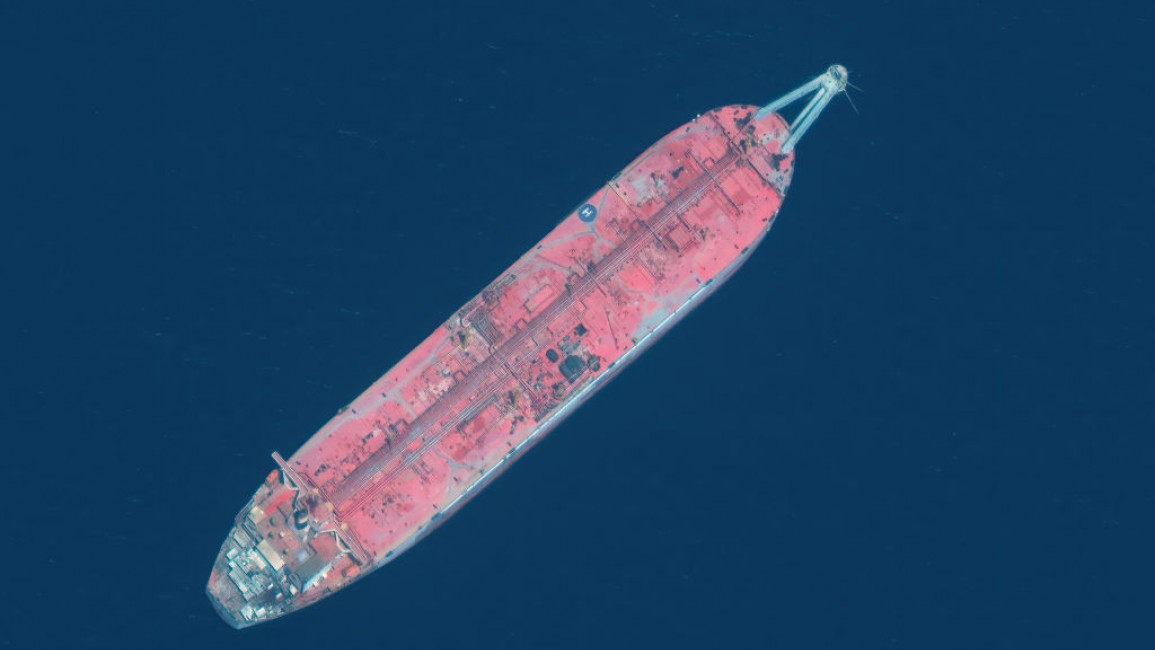Yemen's HSA pledges $1.2 mln to UN drive to avert tanker oil spill
Yemen's HSA Group on Thursday became the first private entity to pledge funds for a United Nations operation to avoid an oil spill from a tanker stranded off the coast of Yemen, as the UN urgently tries to secure an initial requirement of $80 million.
The international organisation, which has so far raised over $60 million, has warned that the Safer, stranded since 2015 off a Red Sea oil terminal, could spill four times as much oil as the 1989 Exxon Valdez disaster near Alaska.
HSA, Yemen's largest private company, announced a $1.2 million donation towards initially offloading the tanker, which holds 1.1 million barrels.
"Given that there remains a large funding shortfall, and time is running out, HSA believes that the private sector must step forward," Nabil Hayel Saeed Anam, managing director of HSA's Yemen operations, said in a statement.
The UN has raised $64 million, including the HSA pledge and more than $142,000 through a public crowdfunding drive initiated in June and which will be relaunched later this month, a UN spokesperson told Reuters in response to a query.
The crowdfunding campaign had aimed to raise $5 million towards the plan to transfer the oil to a safe temporary vessel before winter seas increase the risk of a break up.
The UN would then arrange long-term replacement storage. The entire operation requires $144 million.
Russell Geekie, a spokesperson for the top UN official in Yemen, told Reuters the organisation hoped HSA's contribution would serve as a catalyst for other private entities.
He said $9-$10 million had been disbursed by donors for the operation so far. "The United Nations asks donors that have pledged funds to disburse them urgently and others that are in a position to contribute to do so as soon as possible."
The Safer threatens an environmental disaster for Yemen, which is already grappling with a dire humanitarian crisis due to a seven-year war, and across the Red Sea. The UN says the cost of a clean-up alone would be $20 billion.



